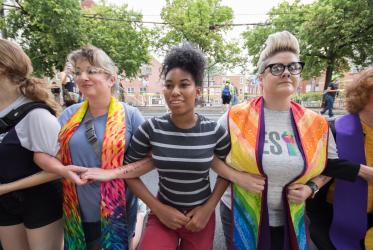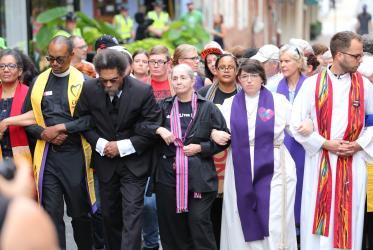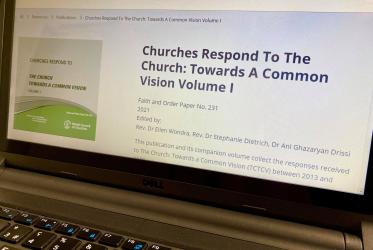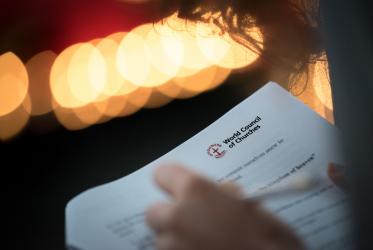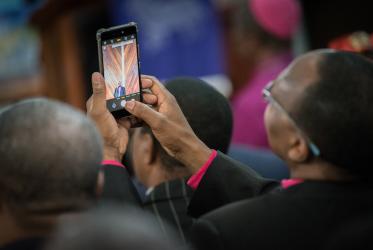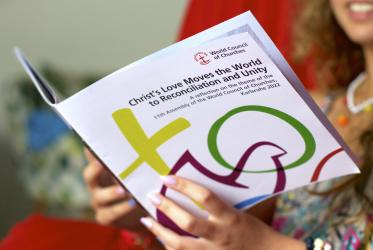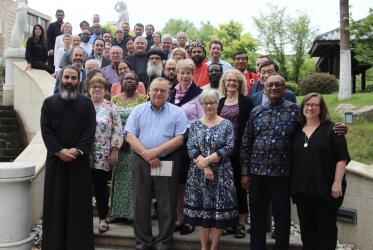Displaying 121 - 140 of 369
WCC Commission on Faith and Order Webinar: “The Church in and for the world - the Church in mission”
21 June 2021
https://us02web.zoom.us/webinar/register/WN_Qf7H2bOUTSCYpQzY8rjiIQ
Online event-“Anti-racist in Christ? Ecumenical Christian Repentance, Reflection and Action on Racial Discrimination and Xenophobia.”
14 - 17 June 2021
https://us02web.zoom.us/webinar/register/WN_U6s791s5TPqMZAywAFMdYA
Reshaping mission and the church during COVID-19
11 March 2021
WCC Faith and Order Commission to convene online
12 January 2021
